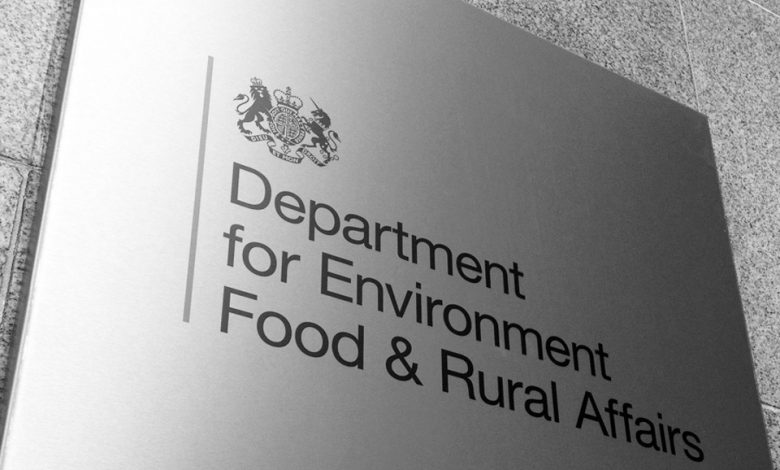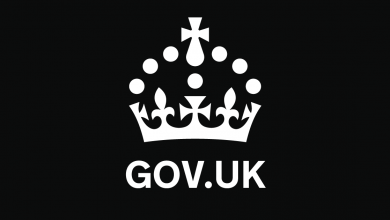Bluetongue virus – Current situation: End of seasonal low vector period

Diplomat.Today
HM Government
2024-04-19 21:10:07
——————————————-
After the disease was detected in cattle and sheep in Kent, Norfolk and Suffolk, the UK’s top veterinary official urged farmers to remain vigilant against bluetongue.
The Animal and Plant Health Agency (APHA) and the Pirbright Institute identified the first case of the disease in November 2023 as part of the UK’s annual bluetongue surveillance program.
Current situation
We are past the seasonal low vector period. This is because mosquito activity has increased with the warmer spring weather. We expect a possible increase in bluetongue in the coming months as the weather warms and the risk of infected mosquitoes blowing over from northern Europe increases.
The risk of bluetongue transmission and therefore the risk level has not changed.
Coastal farms in counties along the east coast of England from Norfolk to Kent and along the south coast from Kent to Devon are at highest risk of collapse.
Farmers should continue to regularly monitor their animals for clinical signs and ensure their animals and land are registered with APHA so we can locate animals in the event of an outbreak.
There is currently no evidence that bluetongue virus is circulating.
Surveillance of susceptible animals and epidemiological assessments continue. We will continue to monitor the situation.
Find out more about the current situation and information.
Bluetongue does not affect people or food safety. The virus is primarily transmitted through mosquito bites and affects cattle, goats, sheep and camelids such as llamas. Mosquitoes are most active between April and November and not all susceptible animals show signs of infection with the virus immediately or at all. The impact on susceptible animals can vary greatly – some show no clinical signs or effects at all, while in others it can cause productivity problems such as reduced milk production, while in the most severe cases it can be fatal for infected animals.
The virus can also be transmitted through germplasm (sperm, eggs and embryos) and from mother to unborn offspring.
Strict rules already apply to the movement of livestock from regions affected by bluetongue and farmers are reminded that animals imported from these regions must be accompanied by the relevant documents clearly stating that they meet certain conditions to reduce the disease disease risk, such as correct vaccination.
Following confirmation of BTV in a non-imported animal in England, some trading partners may restrict the export of bluetongue-susceptible animals or their products. For up-to-date information on the availability of individual export health certificates, please visit Gov.uk.
NI and GB ruminants cannot be exported from a UK collection center to the European Union or brought into Northern Ireland until further notice.
BTV is a notifiable disease. Suspected BTV in animals in England must be reported to the Animal and Plant Health Agency on 03000 200 301
You can find more information about bluetongue here.
——————————————-



